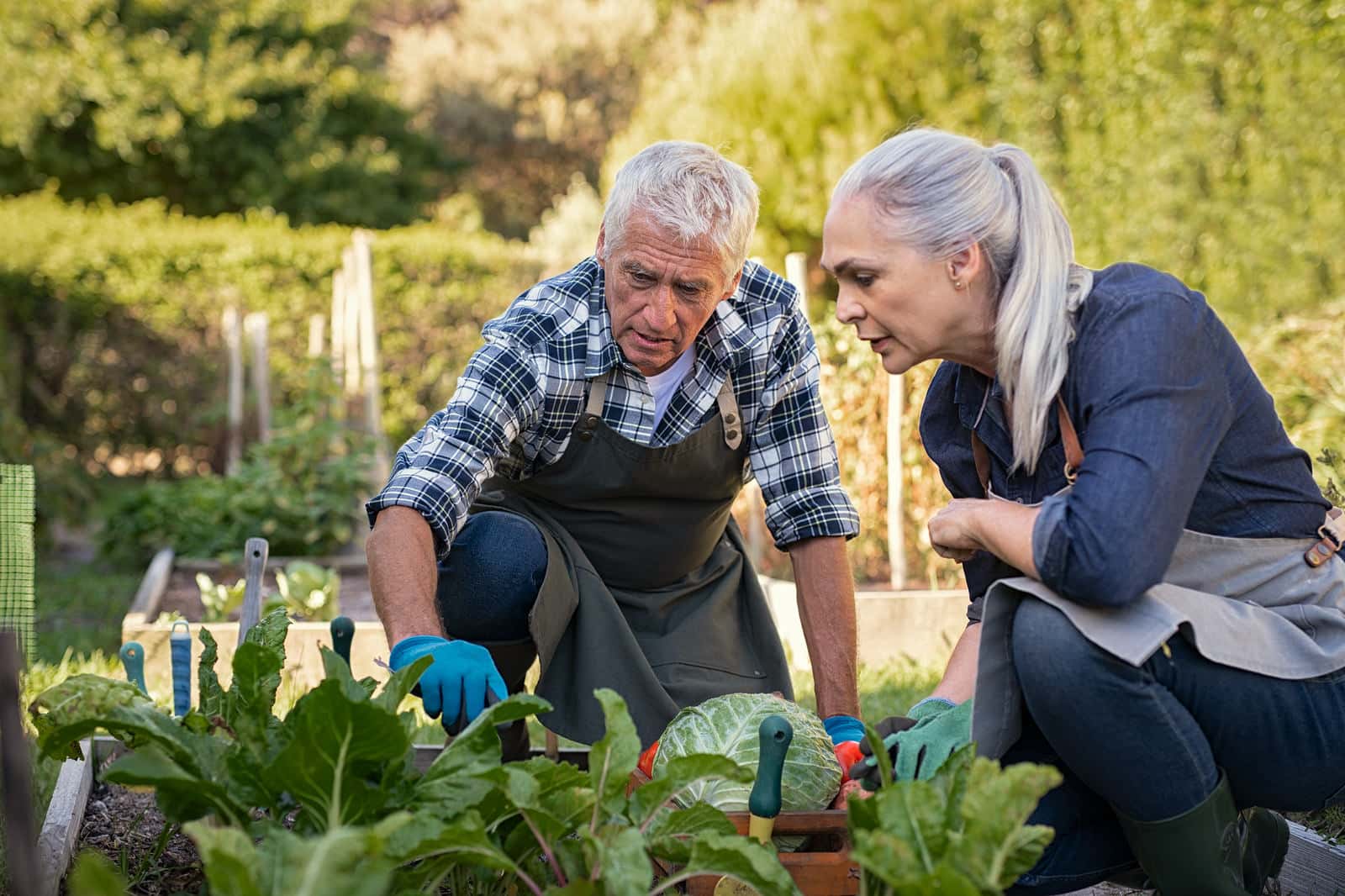
Do you know how to stay healthy? Chances are you are aware that exercise and diet are keystones of good health throughout your life. You and your health care provider may also be paying attention to your cholesterol level, blood pressure and sugar metabolism. How about keeping your brain healthy? There are a few things that might help you stay sharp as you age.
Could Anti-inflammatory Drugs Reduce the Risk for Dementia?
There is a growing belief that dementia is in part an inflammatory disorder. Researchers in the Netherlands investigated the impact of long-term use of nonsteroidal anti-inflammatory drugs (NSAIDs) on the chances of developing dementia (Journal of the American Geriatrics Society, March 5, 2025). The investigators followed nearly 12,000 older people for over 14 years. None had dementia at the start of the study. A total of 9,500 took prescription NSAIDs during that time.
More than 2,000 of the participants were diagnosed with dementia during the study. Those who took a prescription nonsteroidal anti-inflammatory drug for more than two years reduced their risk of developing dementia by about 12%. Short-term use (under a month) did not convey any advantage against dementia. In fact, the risk for these seniors rose slightly.
The authors conclude that
“prolonged use of anti-inflammatory medication may reduce dementia risk.”
They hasten to add that they are not recommending NSAID use for this purpose.
Specifically, they write:
“Although our results are an indication of the important role of inflammation in the treatment of dementia, they do not justify the recommendation of long-term treatment with NSAIDs for the prevention of dementia, given its potential adverse effects.”
Medication may not be the only way to address the risk for dementia. Research suggests several other options that can help you maintain good cognitive function into your later years. Physical activity is critical. Natural anti-inflammatory compounds can also be very helpful.
Q. My husband and I like to stay active despite the various aches and pains that come from celebrating a bunch of birthdays. What we worry about most, though, is our brain health. We would like to stay sharp for at least a few more decades. Are there any natural remedies that could help?
How Can You Stay Sharp as You Age?
A. Staying physically active is one of the best strategies to help you stay sharp as you age. Older adults who got at least 150 minutes of exercise a week fared better on tests of cognitive function than those who moved less (Journal of Hypertension, June 2017). The type of activity may make a difference, according to a study of Chinese women (Healthcare, March 24, 2020). Functional MRI showed differences between those who walked regularly and those who practiced tai chi chuan, although presumably all these women over 60 were doing better cognitively and physically than sedentary elders.
What About Natural Remedies?
There are many natural compounds that show some promise for keeping your brain working well. We don’t have any research demonstrating that foods, herbs or spices can ward off dementia, though.
Rosemary:
You might want to consider drinking a glass of rosemary water daily. A study in 80 healthy adults showed that they performed better on cognitive tasks after consuming 250 ml (about a cup) of rosemary water than after drinking mineral water (Journal of Psychopharmacology, Dec. 2018).
Turmeric:
Turmeric, the yellow spice in yellow mustard and curry powder, is another promising compound for both reducing inflammation and improving cognitive function. Preliminary research suggests that curcumin, the active ingredient in turmeric, may help prevent cognitive decline with aging (Brain Research, Dec. 15, 2019).
Anthocyanins:
You might want to consider including certain foods in your diet to help you stay sharp as you age. Studies suggest that blueberries could be beneficial (Nutrients, July 2, 2019). Blueberries are rich in anthocyanin compounds. A review suggests that these plant-based compounds may protect the brain during aging (Current Pharmaceutical Design, Jan. 26, 2020).
Learn More:
To learn more about rosemary, turmeric and other herbs and spices that can be beneficial for healthy aging, you may wish to read our book, Spice Up Your Health. If you have a favorite approach that you hope will help you stay sharp as you age, tell us about it in the comment section.
Citations
- vom Hofe I et al, "Long-term exposure to non-steroidal anti-inflammatory medication in relation to dementia risk." Journal of the American Geriatrics Society, March 5, 2025. https://doi.org/10.1111/jgs.19411
- Frith E & Loprinzi PD, "Physical activity and cognitive function among older adults with hypertension." Journal of Hypertension, June 2017. DOI: 10.1097/HJH.0000000000001311
- Yue C et al, "Differential effects of Tai Chi Chuan (motor-cognitive training) and walking on brain networks: A resting-state fMRI study in Chinese women aged 60." Healthcare, March 24, 2020. DOI: 10.3390/healthcare8010067
- Moss M et al, "Acute ingestion of rosemary water: Evidence of cognitive and cerebrovascular effects in healthy adults." Journal of Psychopharmacology, Dec. 2018. DOI: 10.1177/0269881118798339
- Voulgaropoulou SD et al, "The effect of curcumin on cognition in Alzheimer's disease and healthy aging: A systematic review of pre-clinical and clinical studies." Brain Research, Dec. 15, 2019. DOI: 10.1016/j.brainres.2019.146476
- Miller K et al, "Bioactive compounds of strawberry and blueberry and their potential health effects based on human intervention studies: A brief overview." Nutrients, July 2, 2019. DOI: 10.3390/nu11071510
- Cásedas G et al, "Anthocyanins: plant pigments, food ingredients or therapeutic agents for the CNS? A mini-review focused on clinical trials." Current Pharmaceutical Design, Jan. 26, 2020. DOI: 10.2174/1381612826666200127093701

